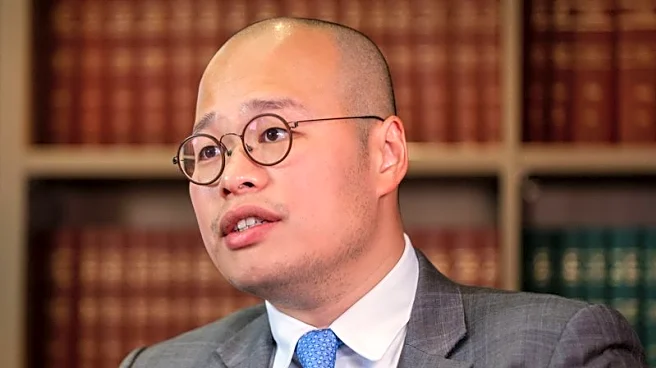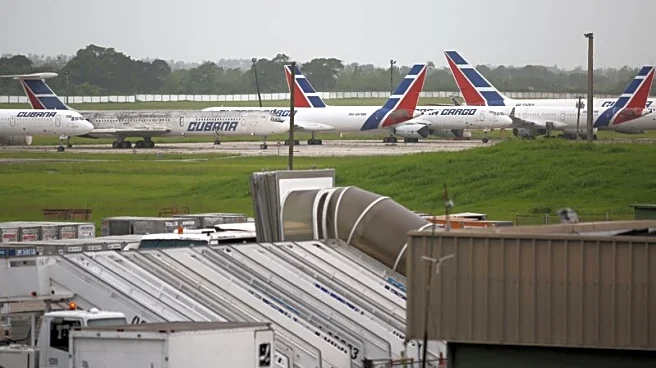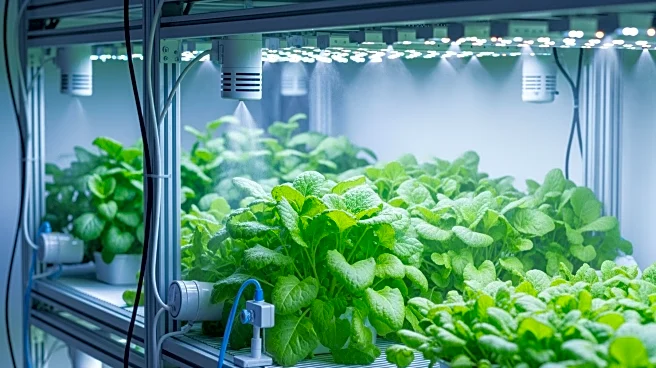Rapid Read • 8 min read
Nick Maggiulli, Chief Operating Officer at Ritholtz Wealth Management and a New York Times bestselling author, has released a new book titled 'The Wealth Ladder.' In this book, Maggiulli explores the evolving concept of wealth in the United States, identifying six distinct economic classes. His analysis highlights the rapid growth of the 'upper middle class,' which he terms Level 4, noting its expansion from 7% of the population in 1989 to 18% in 2022/23. This demographic shift is causing significant economic impacts, such as increased competition for luxury goods and services. Maggiulli's insights are based on data and observations, suggesting that the economy is struggling to accommodate the growing number of affluent individuals.
AD
The emergence of new economic classes, particularly the expansion of the upper middle class, has broad implications for the U.S. economy. This shift is leading to increased competition for resources, affecting everything from housing markets to luxury goods. As more individuals attain higher levels of wealth, traditional economic structures are being challenged, potentially leading to changes in consumer behavior and market dynamics. The phenomenon also raises questions about wealth distribution and economic inequality, as the gap between different economic classes continues to widen. Understanding these changes is crucial for policymakers, businesses, and individuals as they navigate the evolving economic landscape.
As the upper middle class continues to grow, it is likely that economic policies and market strategies will need to adapt to address the challenges and opportunities presented by this demographic shift. Businesses may need to adjust their offerings to cater to the changing demands of affluent consumers, while policymakers might consider measures to address economic inequality and ensure sustainable growth. Additionally, the anticipated 'Great Wealth Transfer' from baby boomers to younger generations could further influence economic dynamics, as new wealth holders may have different spending and investment priorities.
The expansion of the upper middle class and the resulting economic pressures highlight deeper societal issues, such as the perception of wealth and success. Despite their financial achievements, many individuals in this class feel they are merely 'getting by,' reflecting a broader cultural narrative about wealth and happiness. This sentiment echoes historical observations about relative wealth and satisfaction, suggesting that economic prosperity does not necessarily equate to personal fulfillment. These insights could influence future discussions on economic policy and social well-being.
AD
More Stories You Might Enjoy











